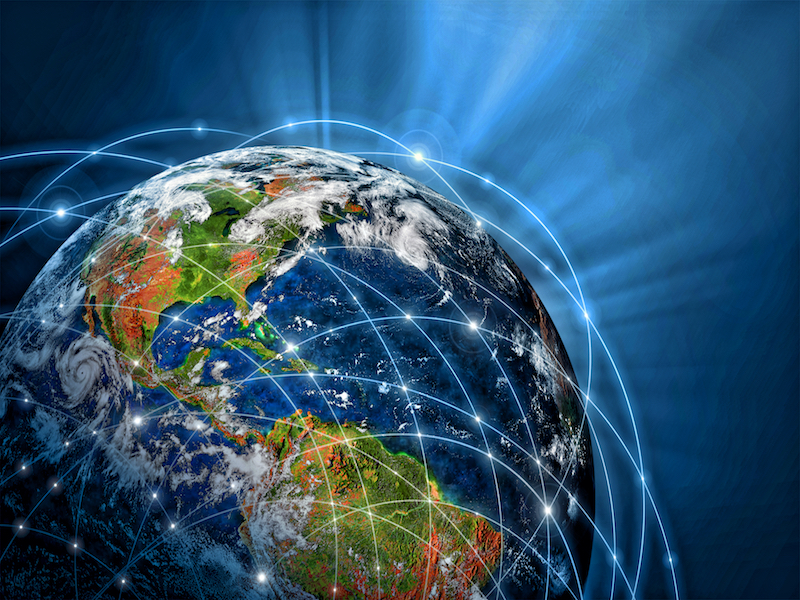Economy
Globalization Moving Backwards

The world is ‘turning its back' on one of the greatest economic trends of the past century.
A man talking to a relative at a wall separating Mexico and the US, –“If ever there were a glacial but seemingly inevitable shift in the economy, it's the one toward globalization.”
Countries have become more interconnected via trade and production for centuries as movement across the planet has become quicker and more cost-efficient.
But this trend, among the greatest economic forces ever, may be in jeopardy of moving backward, according to Joe Quinlan, chief market strategist at Bank of America Merrill Lynch's US Trust division.
“The world is turning its back on globalization,” Quinlan told Business Insider on Tuesday. “That's a long-term trend that really does keep me up at night.”
Anecdotally, Quinlan said, the rhetoric coming from both the American public and political actors is concerning.
“There is significant anti-globalization sentiment out there,” Quinlan said. “People are blaming flatline economic growth and wages on the move to globalization, jobs moving to China and Mexico, and automating.”
Quinlan said there was some truth to the last part of this sentiment, as American companies have invested more in capital over the past few economics cycles and maybe not as much in labor.
And from a trade side, it is true that total trade between nations decreased in 2014 compared with 2013 after going sideways from 2011 to 2013, according to the most recent data from the World Bank. Additionally, people like Nils Andersen, the CEO of the world's largest shipping company, Maersk, are saying that global trade is looking terrible.
[buffet_recommended]
“It is worse than in 2008,” Andersen said in February.
“The oil price is as low as its lowest point in 2008-09 and has stayed there for a long time and doesn't look like going up soon. Freight rates are lower. The external conditions are much worse.”
The recent pushback against trade, however, is more a symptom of political rhetoric than anything, Quinlan said.
“We have to keep people who have worked in these manufacturing jobs and such engaged,” he told Business Insider. “They hear things and they do feel that these external forces are taking away from the US instead of adding anything.”
In turn, they believe that ending trade deals, increasing tariffs, and moving manufacturing back to the US would be the best solution for the US economy. This also shows up in the argument for a British exit from the European Union and in European rhetoric over the need for closing borders and erecting trade barriers.
While Quinlan does not share this opinion, he said the frustration was legitimate and must be addressed or the march toward a more connected world may be abandoned.



